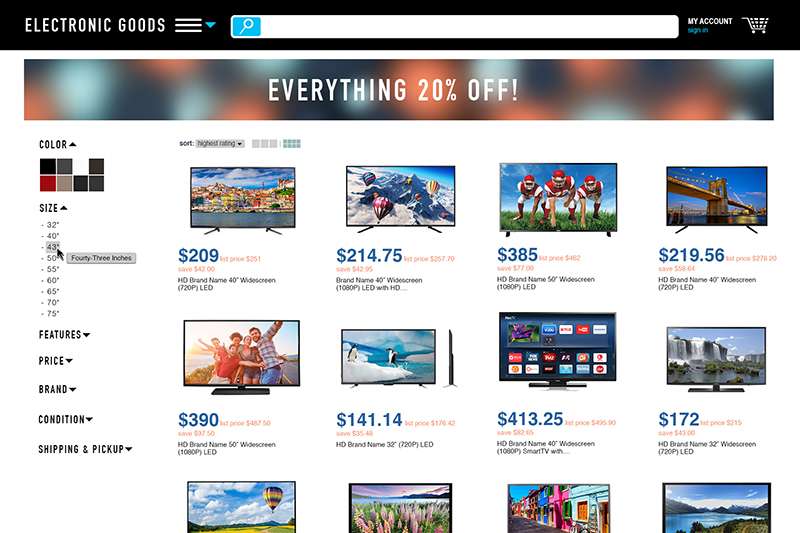Promoting rival retailers can make sense, study says

A few years ago, Dr. Mohammad Zia PhD'17 was checking flight prices on Expedia when he was puzzled by a section of the website that prompted him to run the same search on competing travel websites, including Priceline and Orbitz.
"Instead of Expedia trying to keep me on its website and trying to sell me something, it was encouraging me to check out prices on these other travel websites, and some of these are very tough competitors," Zia said. "I was thinking, 'What's going on? Why would a for-profit firm send its own customers, who are already in their store, to a competitor?'"
Zia, who completed his PhD in management science from the Naveen Jindal School of Management in May, decided to study this practice of in-store advertising by competitors. The resulting paper, co-authored by marketing professors Dr. Dmitri Kuksov and Dr. Ashutosh Prasad, is one chapter of Zia's dissertation on multiplatform, search-based advertising. It was published in the May-June issue of Marketing Science.
The researchers soon noticed this is a common practice across the web. For example, Walmart hosts banner ads for TVs from Sears or Fry's Electronics to customers searching for TVs on Walmart.com.
Similarly, Amazon.com shows related ads from competing retailers to a customer who is shopping for different products.
When a host store sells its in-store advertising space to a competitor, this allows uninformed customers to become aware of substitute offerings in the marketplace and possibly migrate to the competing store, Zia said. The host store may benefit from a commission for customers it sends to the competitor.
For the study, the researchers used game theory to understand the driving forces behind this phenomenon. Zia said he wanted to know under what conditions would allowing competitor advertising be a beneficial strategy.
"When some customers have search costs—including time, energy and money—it might be optimal for Expedia to increase its average price in order to motivate these customers to click on the link," Zia said. "Because Priceline knows these customers have already observed high prices, that website also can raise prices. So the average prices will be higher on both stores."
The study found that this kind of advertisement is not always an optimal solution for businesses. It works only if the commission rate is relatively high. Only in that case can it mitigate price competition and boost profits of both firms.
Zia, who has taken a position as an assistant professor of marketing at Chapman University in California beginning this fall, said search-based advertisement is generally a useful shopping tool that is accessible, targeted and helps customers find what they want quickly. It can also help searchers to pay less.
He said customers are wise to shop around.
"Research has shown that there is a lot of price dispersion in online stores. If customers want to save money, they should search on many different platforms, especially with travel products like flights and hotels," Zia said. "But of course there are customers who do not have time. That results in price dispersions and enables firms to increase their prices."
More information: Dmitri Kuksov et al. In-Store Advertising by Competitors, Marketing Science (2017). DOI: 10.1287/mksc.2016.1015
Journal information: Marketing Science
Provided by University of Texas at Dallas




















